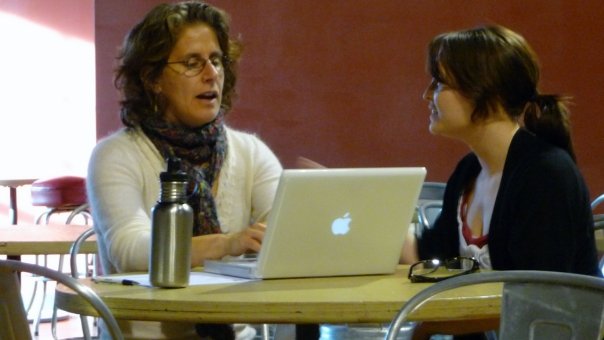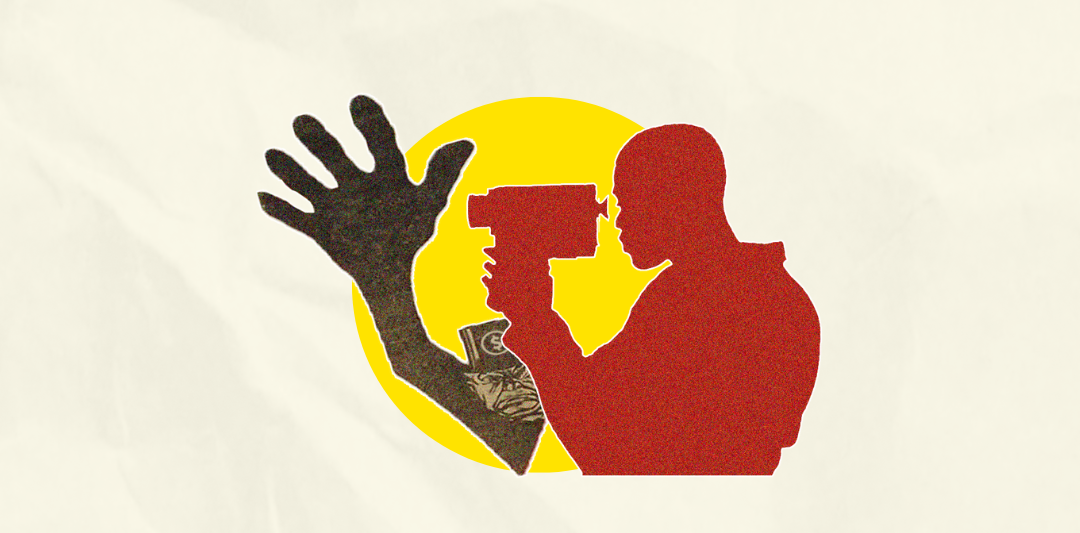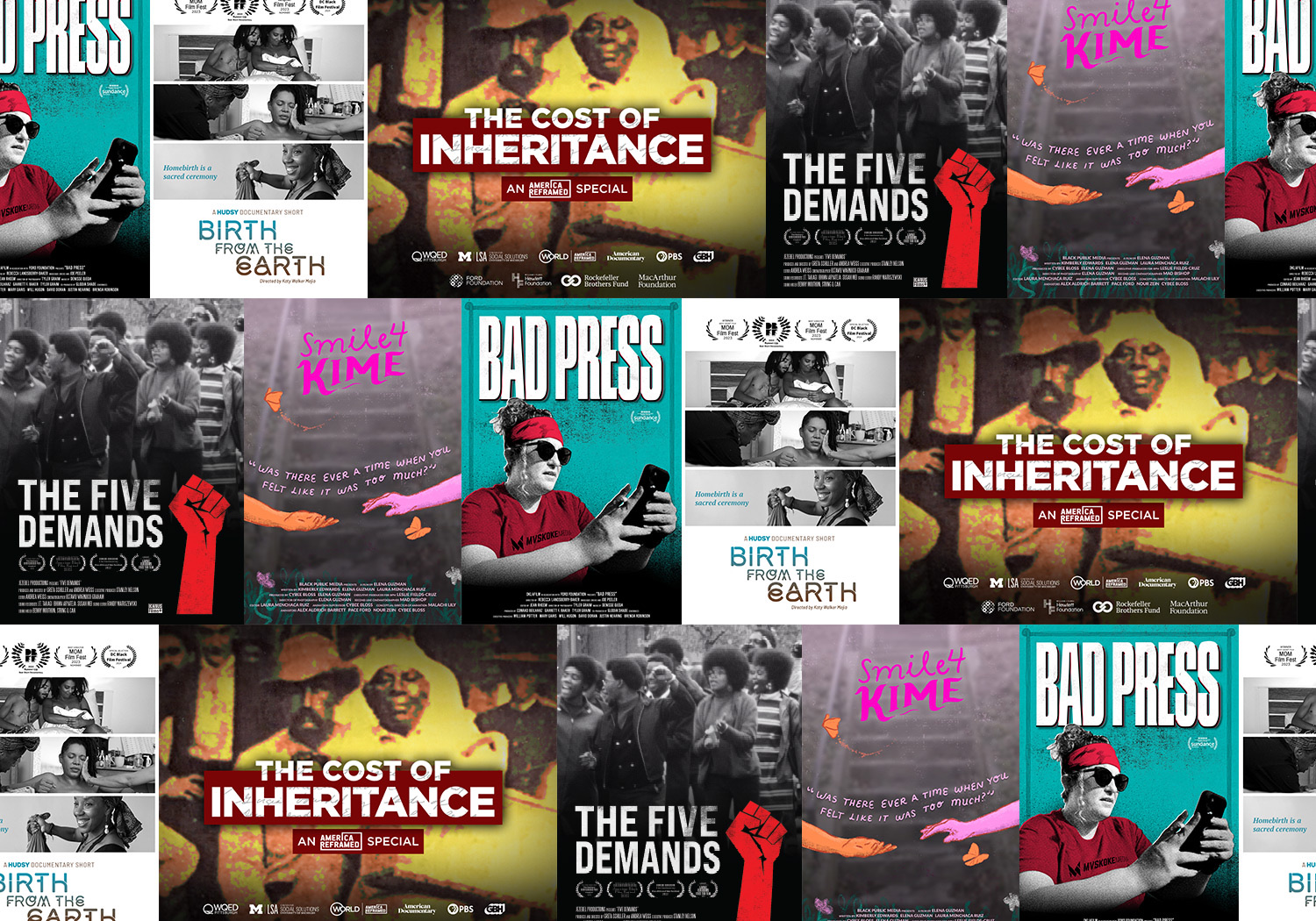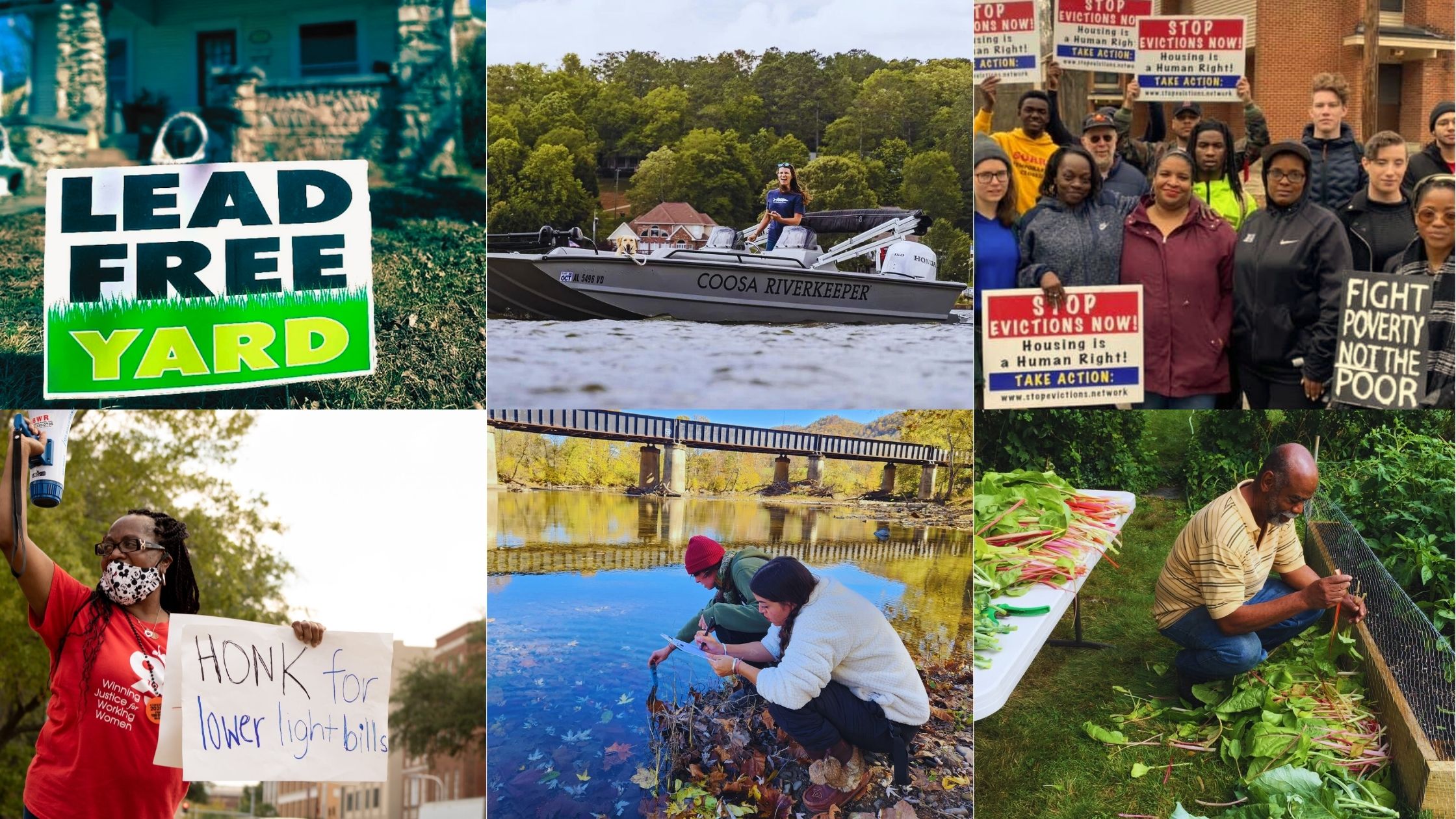Working Films’ co-director, Molly Murphy will present as part of the Media Impact Tools Showcase: Meet the Experts panel at the CSMI’s 11th annual Media that Matters conference. Check out CMSI’s interview with her for a glimpse of what she’ll cover:
1. WHAT DO YOU DO? HOW IS YOUR WORK BREAKING NEW GROUND?
I co-direct Working Films, a fifteen-year-old national nonprofit that uses documentary media to advance social justice and environmental sustainability. We broker strategic partnerships between filmmakers, nonprofits, and issue experts so that every time a viewer asks, “What Can I Do?” we have an answer. We utilize documentary storytelling to build community participation in issues that impact people’s lives. We support coalition building by designing and coordinating collaborative film initiatives that deepen the relationships among organizations within and across issue areas. We also offer training and technical assistance to nonprofits and issue leaders to increase their capacity to use films and interactive documentary media to reach their goals.
Right now, Working Films is focused on using story-driven films and interactive media to advance organizing for solutions to climate change, dirty energy practices, and economic inequality. As states have increasingly become the battlegrounds for social and environmental issues, we have started using documentaries to strengthen civic engagement at the state and local-level. In just the last year, we’ve partnered with more than a hundred organizations to launch collaborative community engagement campaigns in North Carolina, Maine, Texas, and Tennessee. We are now starting to replicate the best practices we’ve gleaned from these efforts as we expand our work to many other states this year.
In each state in which we’ve worked we we’ve contributed to a shift in nonprofits’ and grassroots organizations’ perception of what documentary film and participatory art can accomplish. Through our trainings, strategy convenings, technical assistance, and events, organizations are increasing their commitment to film as a critical component in their communications and advocacy toolbox.
 2. HOW DID YOU GET WHERE YOU ARE? WHAT HAVE YOU DONE IN THE PAST?
2. HOW DID YOU GET WHERE YOU ARE? WHAT HAVE YOU DONE IN THE PAST?
I joined Working Films in the summer of 2001. I was in Sarajevo, Bosnia when I received the job announcement and came back to the town where I’d recently graduated college to take the first full time staff position alongside our late founding director, Robert West. My background before joining Working Films was in campus and community organizing. I used films to interest and involve people in issues of economic and criminal injustice, and to bring together diverse sectors of a deeply segregated southern community. In my time at Working Films, I have served as outreach coordinator, engagement coordinator (when that term replaced “outreach”), director of community initiatives, deputy director, and now co-director.
3. WHAT CURRENT OR FUTURE PROJECTS DO YOU WANT TO TELL PEOPLE ABOUT?
Working Films’ primary programmatic initiative is Reel Engagement, which positions award-winning documentary media in target states across the U.S. to address major issues of our time. As I mentioned above, we are focusing on advancing solutions to climate change, dirty energy practices, and economic inequality. We are working in states where these issues are at a tipping point, where there is potential to reach beyond “the choir”, and where efforts can provide innovative models for change across the nation.
Working Films recently started using short form documentaries. We’ve found that shorter lengths offer more time for face-to-face information sharing, discussion, and action when the lights come up. We’ve also begun working with multi-media installations that fuse documentaries and visual art. The art adds another point of entry and more dynamic ways for viewers to interact.
Coal Ash Stories represents our first foray into shorts. We responded to the Duke Energy coal ash spill in the Dan River in North Carolina by identifying four short films that have been paired with issue and policy experts in cities and towns around the state to educate residents and draw public and political attention to the toxic impact of the disaster. Now Coal Ash Stories is expanding to Tennessee, Missouri, and Florida. We have started pairing the series with NYC based artist Greg Lindquist’s Smoke & Water: A Living Painting installation.
We are finalizing another series of shorts about energy extraction that will be used in target states. And we will work with Michael Premo and Andrew Stern’s Water Warriors multi-media exhibition this spring to engage communities threatened by fracking.
We will also be expanding our economic justice efforts this year, with a focus on supporting organizing by low wage workers, addressing the racial wealth divide, and advancing a clean energy economy.
4. WHAT DO YOU THINK MAKES MEDIA A POWERFUL TOOL FOR SOCIAL CHANGE?
Very simply, visual media can express things that words can’t. Films and interactive media are a resource for building public understating of issues and empathy among viewers who otherwise might not relate to situations of critical social and environmental importance. Documentaries offer a convening point for communities to come together with each other, and with issue leaders, to build solutions. Our belief in media as a powerful tool for change has been reinforced by the outcomes of our efforts over the years – from the introduction of a new line of carpeting as a result of industry leaders viewing Blue Vinyl, to the significant rise in public opposition to fracking in North Carolina and Texas where we have worked extensively with the films Gasland 2 and Split Estate. Just a few months ago a new grassroots organization was formed by participants who came to a Coal Ash Stories event in an area threated by waste storage pollution. Our partner organizations credit our work for building their base of support, deepening their connections with allies, and driving them towards their goals.
5. WHAT CONNECTIONS DO YOU HOPE TO MAKE AT THE MEDIA THAT MATTERS CONFERENCE? WHAT CAN THE AUDIENCE EXPECT TO LEARN FROM YOU?
I’m excited to connect with other people who are passionate about using documentaries for change. I’m very interested to explore how Working Films fits in to current conversations about impact assessment, which often center on the use of one media project. We use many documentaries within multi-year, issue-driven initiatives, and we develop our tracking processes and evaluation tools based on specific goals and desired outcomes that vary depending on where we are working and with whom we are partnering.
The audience can expect to learn more about Working Films’ approach, which is deeply rooted in collaboration and a belief that lasting change happens from the ground up.
6. ANYTHING ELSE YOU WANT TO ADD?
You can find out more about Working Films on our website: www.workingfilms.org, and social media www.facebook.com/workingfilms and on twitter @workingfilms.






